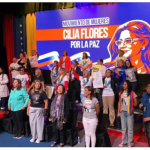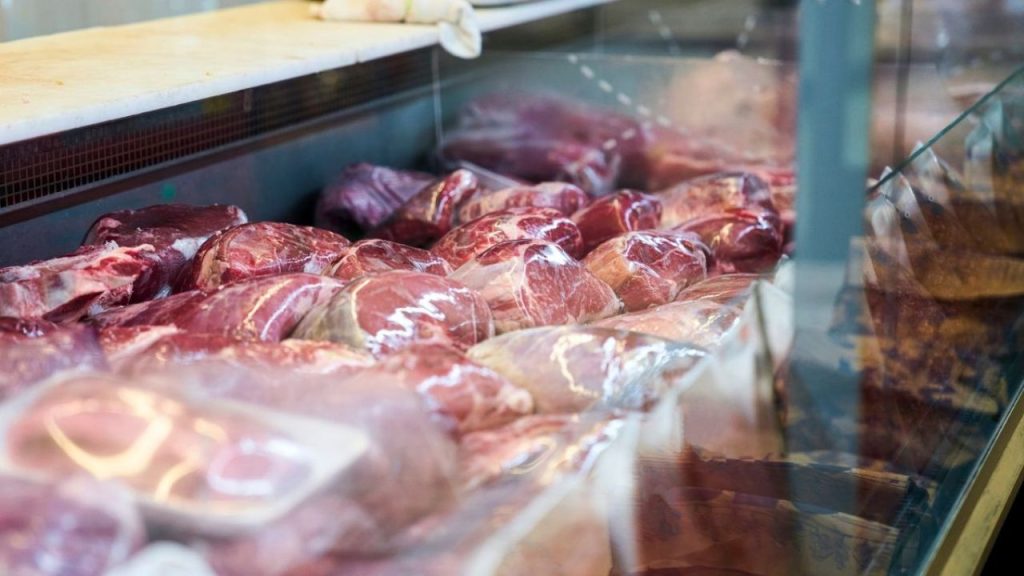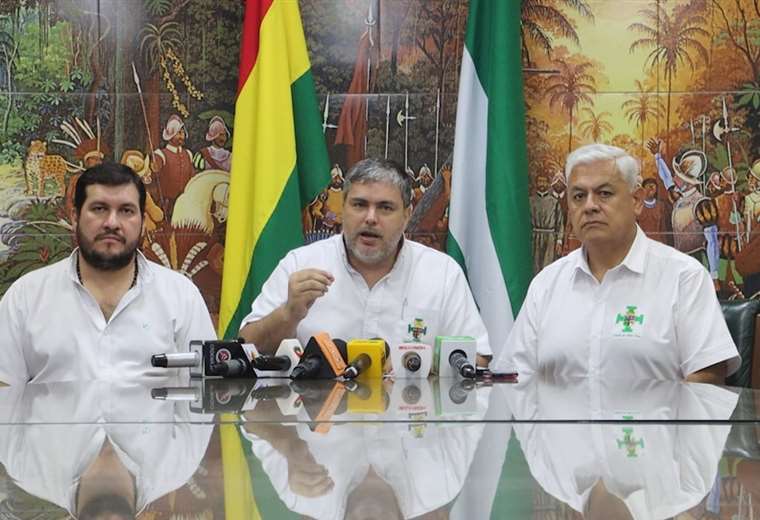Research shows that of the 175 representations of political violence against women and race made in Brazil in two and a half years, only 12 (or 7%) turned into electoral criminal actions. “Of these 12 actions, eight were still in the trial phase. So far, there have been only two sentences, since the law on political violence against women was created, in August 2021, until January of this year”, says the director of the Alziras Institute, Michelle Ferreti, who coordinated the research. The two sentences, one of conviction and the other of acquittal, are still subject to appeal.
The data is in the Monitor of Political Violence of Gender and Racefrom the Alziras Institute. “No case had yet been finalized (it had not gone through all the courts). So, we see that the justice system itself is slow in actually investigating the cases and holding the actors accountable,” says the researcher.
She contextualizes that the monitored cases were being followed up by the Working Group for the Prevention and Confrontation of Political Gender-Based Violence of the Federal Public Ministry. The study carried out by the social organization assesses that urgent measures are still needed to ensure safer elections for women, even with the Law on Political Gender-Based Violence (Law 14,192, of 2021).
White male aggressors
Among the cases analyzed, all victims of the criminal actions filed were elected women, while 92% of the accused were men, of whom 62% were white. Furthermore, half of the episodes of violence occurred in a parliamentary environment. “This caught our attention: the cases that advanced in the justice system were exclusively those involving women who already held office. The cases involving female candidates end up being slower,” warned the director of the Alziras Institute. Michelle Ferreti believes that the data suggests that the law has been less effective in protecting these women without office and, therefore, less protected.
Michelle Ferreti argues that the problem is related to the difficulty of accessing justice and that the cases that are evolving are of women with a mandate and the majority (53%) are white. “Which also suggests to us that black women, in addition to being the largest population group in the country, are those who suffer the most serious threats and are victims of the most serious cases of political violence based on gender and race.”
Underreporting
Another warning brought by the researcher is that there is a significant underreporting of cases of political violence based on gender and race in Brazil. “People do not know where and how to report it, either because they are afraid to report it or because they are afraid of retaliation,” she ponders.
Another problem is that, among the notifications to the Public Prosecutor’s Office, there would still be a problem regarding the understanding of the law by the actors themselves and the justice system. “Many cases end up leaving the electoral sphere and going to the civil sphere because they are treated as insult or defamation, and crimes of political gender violence end up being classified differently,” he exemplifies.
Over the internet
The study identifies that in Brazil there is a political culture of great violence, sexist and racist, against women in positions of power and decision-making. “We also saw that in 30% of cases this violence occurred virtually,” says Michelle Ferreti. For her, political violence is a crime against democracy, since there is an attempt to silence and block debate. “We have made an effort to reduce this underreporting and, on the other hand, try to move forward in the direction of training actors so that there is a more effective investigation and accountability of those possibly accused of this crime.”
To report cases of political violence, the Federal Public Ministry and the Alziras Institute itself (telephone 61.3771-1071) provide reporting channels.
















